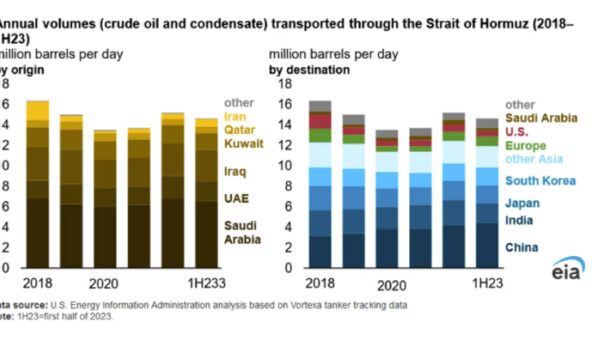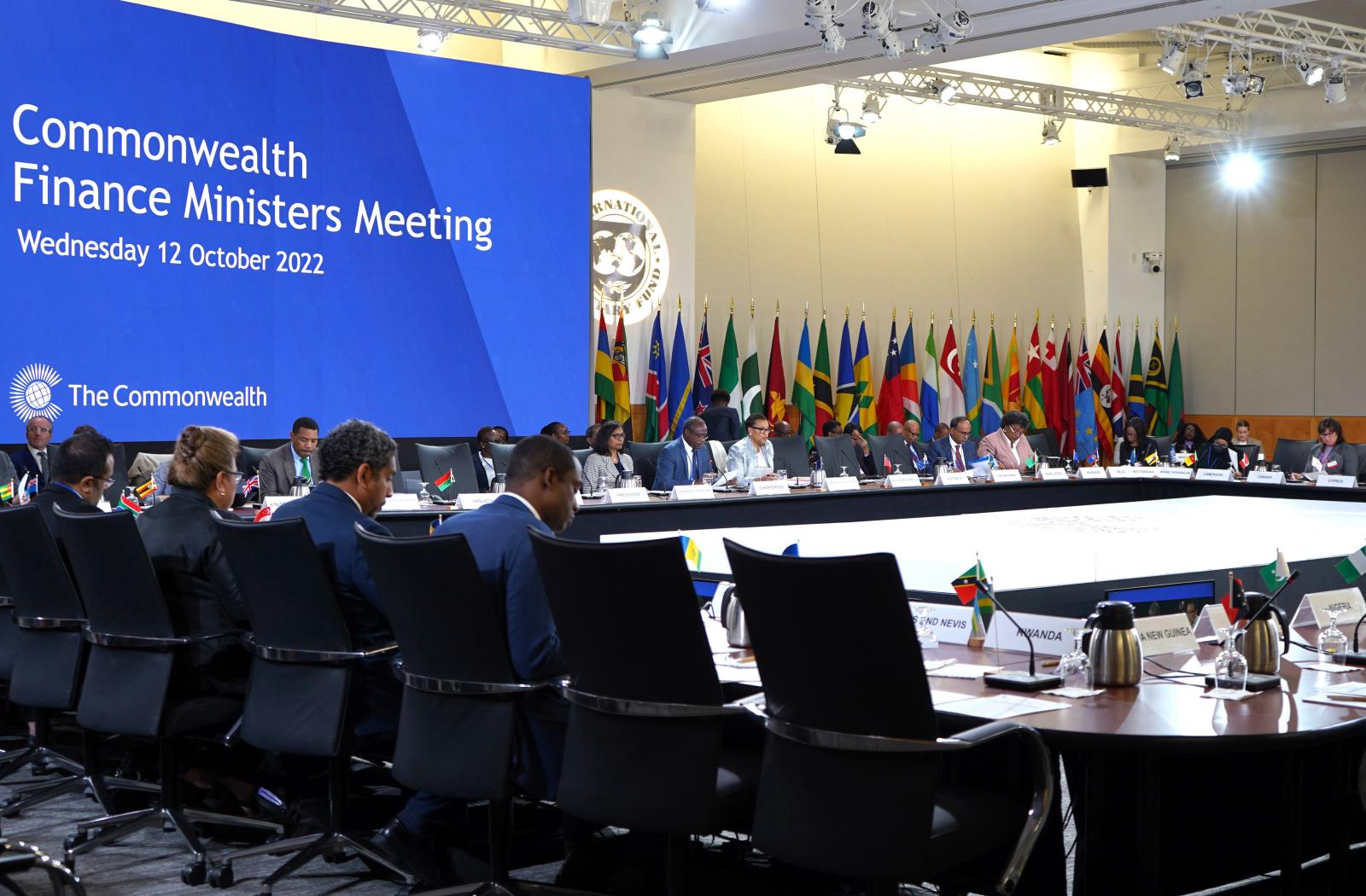As the IMF and World Bank met in Washington, D.C., the Commonwealth’s finance ministers met simultaneously.
The Commonwealth Finance Ministers Meeting (CFMM) 2022 discussed recent economic developments affecting member nations and the global economy.
A delegation of more than 20 colleagues, including the Minister of Finance, Budget, and National Planning of Nigeria, attended the event in person.
The debate followed the discussion of the cost-of-living problem and rising global inflation that took place after the Commonwealth Central Bank Governors’ meeting.
The COVID-19 pandemic’s impacts, geopolitical unrest’s effects on global production, and supply-chain disruptions have all contributed to pressures on inflation for several Commonwealth nations.
Patricia Scotland KC, the secretary-general, emphasised the crucial role that fiscal authorities play in addressing some of the issues.
She said that concentrated efforts must be made to address the present economic issues and improve our economy for the populace’s benefit and welfare.
Scotland emphasised that international and regional cooperation is still essential to achieving the desired future that leaves no one behind.
The CEO said that although the rising cost of living impacts everyone, low-income, small, developing, and nations with a fragile climate are disproportionately affected.
More work must be done to provide everyone with debt relief and financial assistance. She said that to keep public debt at acceptable levels, it is also necessary to develop debt management procedures.
The ministers considered the proposals on managing high debt levels in the face of economic uncertainty, a resilient and sustainable development framework, and budgetary measures to combat inflation.
The average inflation rate across Commonwealth countries increased from 4.1% in 2021 to 6.6% in 2022.
Smaller states, meanwhile, have had higher inflation rates, which doubled from 2.7% in 2021 to 5.4% in 2022.
The CFMM made many important suggestions, including targeted fiscal assistance to lessen the adverse effects on GDP without considerably increasing inflation.
Others include:
- Addressing supply chain bottlenecks.
- Reviewing current fiscal laws to determine their applicability in the present economic climate.
- Managing debt effectively.
- Promoting debt transparency.
The ministers held open conversations about the inflationary pressures their nations were experiencing and considered suggested solutions to mitigate the consequences of inflation and stimulate economic development.
























































You must be logged in to post a comment Login